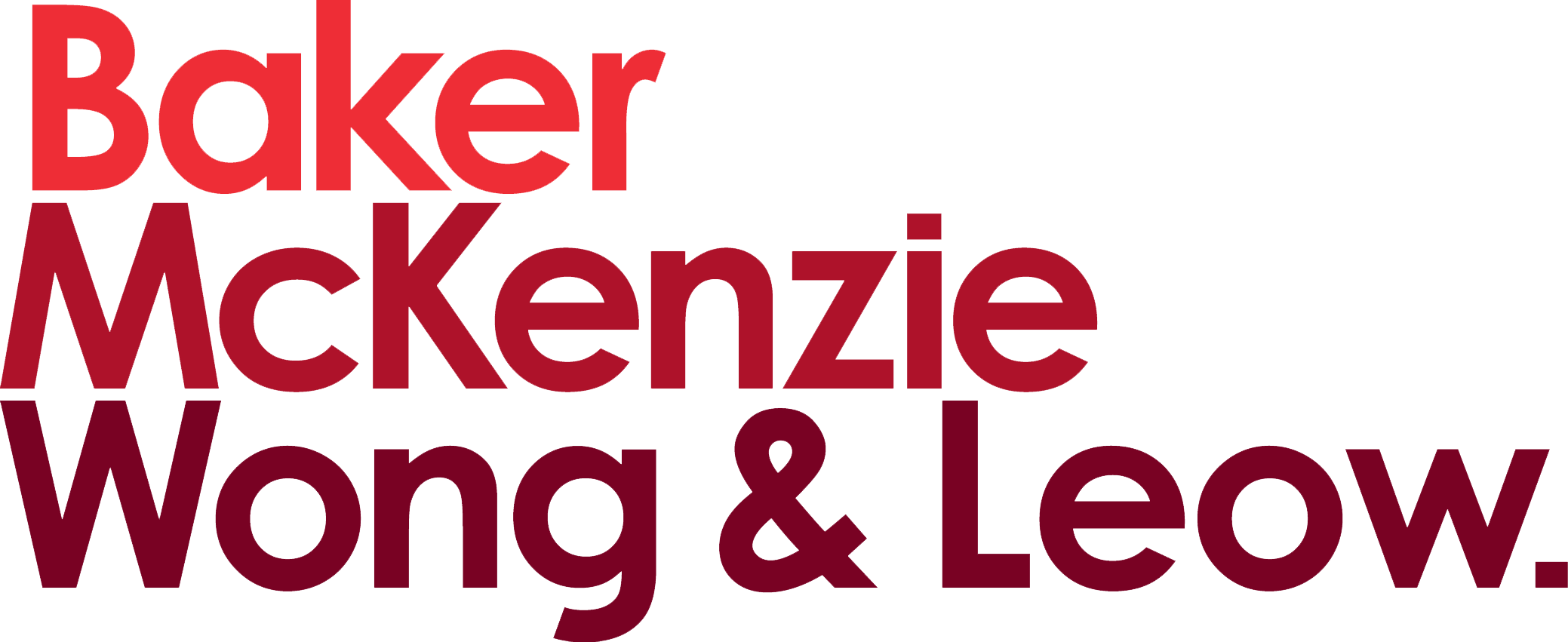In brief
On 8 June 2021, the National Environmental Agency (NEA) announced that it would be increasing the Minimum Energy Performance Standards (MEPS) of four targeted types of household appliances. The increased MEPS levels take effect from 1 January 2022.
Recommended actions
Manufacturers and suppliers of the four targeted types of household appliances should note the increased MEPS levels for refrigerators, clothes dryers, casement and window air conditioners, and split-type air conditioners that will take effect from 1 January 2022.
This increase of MEPS levels marks an effort by the NEA to encourage manufacturers and suppliers of household appliances to introduce newer and more eco-friendly appliances into the market. The development comes as no surprise, in light of Singapore’s ongoing push for sustainability following the unveiling of the Singapore Green Plan 2030 in February 2021.
In more detail
On 8 June 2021, the NEA announced that it would be increasing the MEPS of four targeted types of household appliances. The increased MEPS levels take effect from 1 January 2022. This follows the NEA’s public and industry consultation in late 2020 to 2021, where no major concerns were raised in respect of the proposed enhancements.
The four targeted types of household appliances are: refrigerators, clothes dryers, casement and window air conditioners, and split-type air conditioners.
The first three types of appliances will have their MEPS levels increased to two ticks, while split-type air conditioners will have their MEPS levels increased by 7% within the two-tick level and additionally, have their limits for standby power reduced.
The increased MEPS levels are expected to maintain or possibly even lower the lifecycle costs of the targeted appliances. They also aim to encourage manufacturers and suppliers to introduce newer and more eco-friendly appliances into the market, in a bid to help households in Singapore reduce their carbon footprint.
The full NEA announcement, including details of the existing and enhanced MEPS levels, are available here.
*****

Baker McKenzie Wong & Leow is a member firm of Baker & McKenzie International, a global law firm with member law firms around the world. In accordance with the common terminology used in professional service organizations, reference to a “partner” means a person who is a partner or equivalent in such a law firm. Similarly, reference to an “office” means an office of any such law firm. This may qualify as “Attorney Advertising” requiring notice in some jurisdictions. Prior results do not guarantee a similar outcome.



